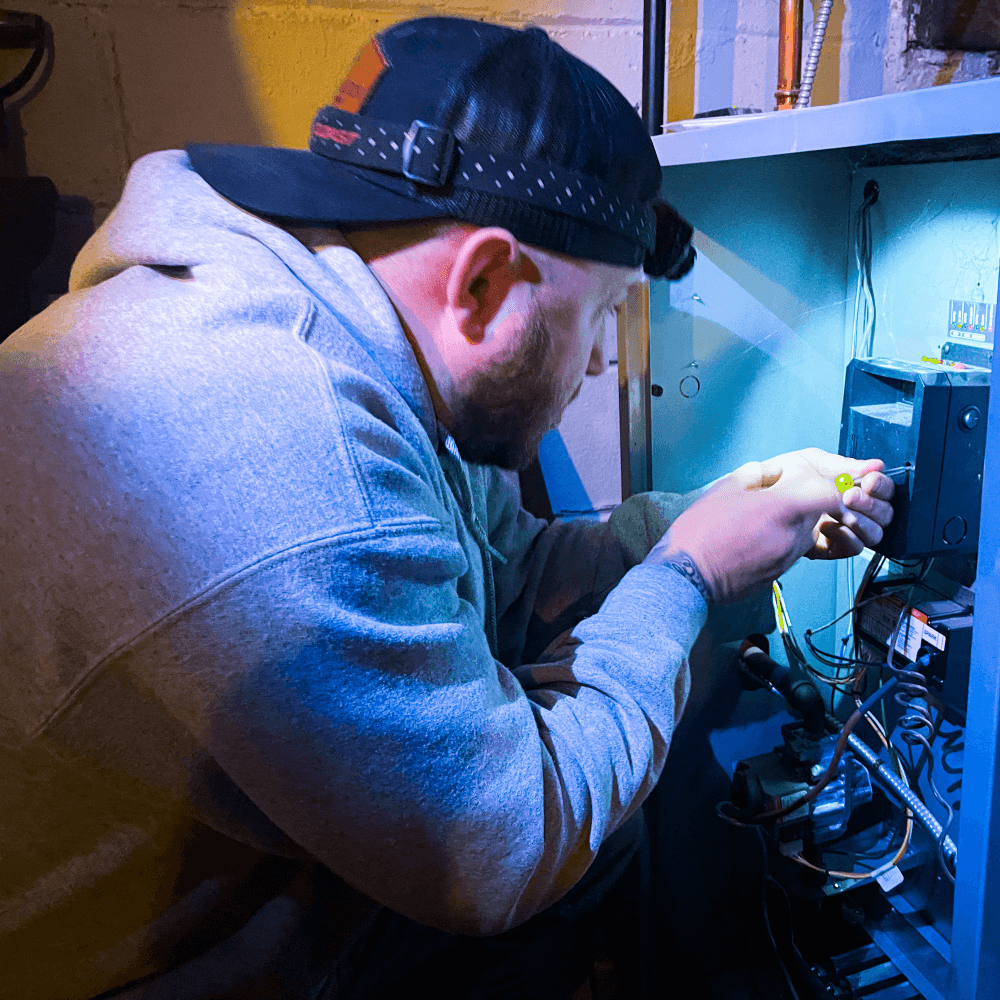When it comes to maintaining a heating system, neglect is not an option. Regular maintenance is crucial for keeping your HVAC, furnace, or boiler running smoothly and efficiently. Not only does proper maintenance save you money on energy bills, but it also extends the lifespan of your system and helps you avoid costly repairs or replacements.
In this article, we will explore essential heating system maintenance tips that will ensure your home stays warm and comfortable throughout the year. From maintaining core components to tackling HVAC air filters and ensuring proper ventilation, we will cover all the necessary steps to keep your heating system in top shape. So let’s dive in and discover the secrets to a well-maintained heating system!
Key Takeaways:
- Regular maintenance is crucial for the efficient operation of your heating system.
- Neglecting maintenance can lead to increased energy consumption and decreased system efficiency.
- Maintaining core components, such as the heat pump and thermostat, is essential for optimal performance.
- Tackling HVAC air filters and ensuring proper ventilation improves indoor air quality and system efficiency.
- Approaching maintenance seasonally and considering advanced techniques like professional check-ups and retrofitting can further enhance system longevity and efficiency.
Understanding Your Heating System’s Core Components
To effectively maintain your heating system, it’s important to understand its core components. The heat pump and thermostat are two key elements that play a crucial role in efficient heating. By comprehending how these components work and taking proper maintenance measures, you can ensure the optimal performance and energy efficiency of your heating system.
The Role of the Heat Pump in Efficient Heating
The heat pump is a vital component of your heating system, responsible for extracting heat from the air or ground and transferring it into your home. By leveraging the principles of refrigeration, the heat pump can provide both heating and cooling functions, making it a versatile asset for year-round comfort. To maintain the efficiency of your heat pump, regular maintenance is essential.
Proper heat pump maintenance includes tasks such as cleaning the coils, checking and maintaining adequate refrigerant levels, and inspecting the overall condition of the unit. Cleaning the coils helps improve heat transfer and ensures optimal performance. Checking the refrigerant levels is crucial for maintaining efficient operation, as low refrigerant levels can hamper the heat pump’s ability to extract and transfer heat effectively. By performing routine maintenance on your heat pump, you can prevent potential issues and extend its lifespan while maximizing its energy efficiency.
Thermostat Settings and Their Impact on System Performance
The thermostat is another critical component of your heating system that directly influences its performance and energy efficiency. The thermostat allows you to control and regulate the temperature in your home, ensuring a comfortable indoor environment while also reducing energy consumption.
When it comes to thermostat settings, there are a few key considerations. First, setting appropriate temperature thresholds is important. Lowering the temperature when you’re not at home or when you’re asleep can save energy and reduce heating costs. Utilizing programmable thermostats enables you to schedule temperature adjustments and optimize your system’s efficiency.
Additionally, understanding the ideal temperature range for different seasons and making proper adjustments can help maintain a comfortable indoor environment while minimizing energy usage. It’s also important to ensure that the thermostat is installed correctly and calibrated accurately to accurately reflect the temperature.
By understanding and optimizing thermostat settings, you can strike a balance between comfort and energy efficiency, resulting in significant cost savings and a more sustainable heating system.
Essential Heating Maintenance Tips
Maintaining your heating system is vital for its longevity and ensuring a comfortable indoor environment. In this section, we will explore two essential maintenance tasks that can significantly impact the efficiency and effectiveness of your heating system: tackling HVAC air filters and ensuring proper ventilation through duct cleaning.
Tackling HVAC Air Filters: A Simple Yet Crucial Step
Regularly checking and replacing HVAC air filters is a simple but crucial step in maintaining your heating system. These filters play a crucial role in ensuring proper airflow and preventing dust, allergens, and other pollutants from circulating throughout your home. By keeping the air filters clean, you can improve indoor air quality and reduce the strain on your system, leading to better performance and energy efficiency.
To check your HVAC air filters, locate the air return vent in your home. This is usually located on a wall, ceiling, or near the furnace unit. Open the vent cover and inspect the filter for accumulated dust and debris. If the filter appears dirty or clogged, replace it with a new one. It is recommended to replace your HVAC air filters every one to three months, depending on usage and the type of filter.
Ensuring Proper Ventilation Through Duct Cleaning
Another crucial maintenance task for your heating system is professional duct cleaning. Over time, dirt, dust, pet dander, and other debris can accumulate in your ducts, obstructing airflow and reducing ventilation efficiency. This can result in reduced indoor air quality and increased strain on your heating system.
Professional duct cleaning involves using specialized equipment to remove built-up dirt and debris from your ductwork, improving airflow and ensuring proper ventilation. By scheduling regular duct cleaning, you can enhance the performance of your heating system and maintain a healthy indoor environment. It is recommended to have your ducts cleaned every three to five years, or more frequently if you have pets, allergies, or live in a dusty environment.
By prioritizing these essential maintenance tasks—tackling HVAC air filters and ensuring proper ventilation through duct cleaning—you can prolong the life of your heating system, improve indoor air quality, and enjoy a comfortable and energy-efficient home.
Heating System Maintenance: A Seasonal Approach
Proper maintenance of your heating system is crucial for ensuring optimal performance throughout the year. By adopting a seasonal approach, you can address specific challenges and protect your system from potential damage. This section will guide you through winter preparations and the necessary adjustments for spring and fall maintenance.
Winter Preparations: Preventing Damage from Snow and Debris
During the winter season, it’s essential to take extra precautions to safeguard your heating system from snow and debris. Firstly, clear any snow or ice that has accumulated around the outdoor units to ensure proper airflow and prevent damage. Additionally, ensure that the system is properly insulated to minimize heat loss and improve energy efficiency. Proper winter preparations will not only protect your heating system but also enhance its overall performance during the colder months.
Transitioning Seasons: Adjustments for Spring and Fall Maintenance
As the seasons change, it’s important to make the necessary adjustments to keep your heating system running smoothly. In the spring, focus on cleaning the coils and checking for leaks or blockages that may have occurred during the winter. This will help maintain optimal airflow and prevent any potential issues from arising. Similarly, in the fall, schedule regular inspections, tune-ups, and filter replacements to ensure your heating system is ready for the upcoming winter season. By addressing these maintenance tasks, you can prevent unexpected breakdowns and extend the lifespan of your system.
By following a seasonal approach to heating system maintenance, you can protect your system, prevent damage, and improve its longevity. Winter preparations and adjustments for spring and fall maintenance are essential steps in keeping your heating system running efficiently and effectively.
Advanced Maintenance Techniques for Longevity and Efficiency
When it comes to maintaining your heating system, advanced techniques can make a significant difference in both longevity and efficiency. By incorporating these techniques into your routine maintenance, you can ensure that your heating system operates at its best, saving you money on energy bills and avoiding costly repairs.
The Benefits of Professional HVAC System Checks
One of the most valuable maintenance practices for your heating system is to schedule regular professional HVAC system checks. These checks are conducted by experienced technicians who have the knowledge and expertise to identify any potential issues before they become major problems. By catching problems early, you can prevent breakdowns, extend the lifespan of your system, and avoid expensive repairs.
During a professional HVAC system check, the technician will thoroughly inspect all components of your heating system, including the heat pump, thermostat, and vents. They will also perform necessary cleanings and adjustments to ensure proper functionality. By investing in professional checks, you can have peace of mind knowing that your heating system is operating at its optimal efficiency.
Retrofitting: Balancing Old Systems with New Efficiency Standards
If you have an older heating system that is not meeting current efficiency standards, retrofitting is an effective solution. Retrofitting involves upgrading your existing system with new technologies and components to improve energy efficiency and reduce heating costs.
By retrofitting your heating system, you can take advantage of advancements in technology that were not available when your system was originally installed. This can include upgrading to more efficient heat pumps, programmable thermostats, and smart heating controls. These upgrades can significantly improve the energy efficiency of your system and lead to long-term savings on your energy bills.
Conclusion
Regular Upkeep: The Key to Uninterrupted Warmth and Comfort
Regular upkeep is crucial for maintaining uninterrupted warmth and comfort in your home. By following the maintenance tips and techniques outlined in this article, you can ensure the efficient operation of your heating system. Taking the time to clean and replace air filters, inspect core components, and address ventilation issues will go a long way in preventing breakdowns and costly repairs. Consistent upkeep not only extends the lifespan of your heating system but also helps you save money on energy bills by maximizing its efficiency.
Investing in Professional Heating System Maintenance: Beyond DIY
While DIY maintenance is important, investing in professional heating system maintenance takes it a step further. Professionals have the expertise to perform thorough inspections, expert cleanings, and offer valuable advice on system improvements. They can identify potential issues before they become major problems, ensuring the reliable operation of your heating system. By prioritizing regular maintenance and seeking professional assistance, you can have peace of mind knowing that your heating system is in good hands. With their help, you can extend its lifespan, improve its performance, and enjoy uninterrupted warmth and comfort in your home.
If you need help with heater system maintenance give us a call or contact us today to schedule an appointment.














